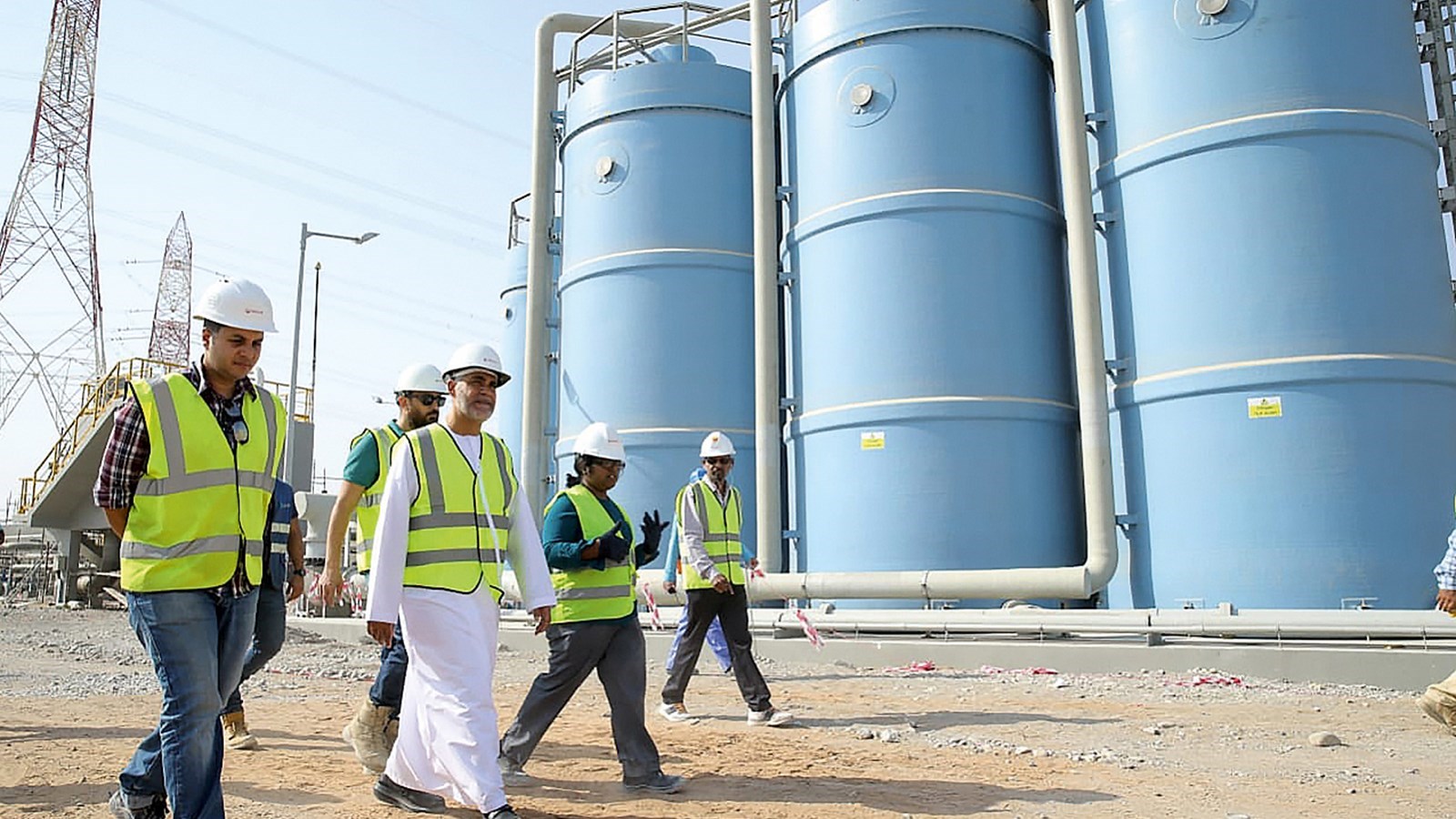
Green Economy
Green Beginnings
Renewables
Decreasing barriers to entry have made green energy projects a more attractive source of power for governments looking for alternatives, and a growing understanding of the environmental benefits of renewable technologies mean that governments with an eye on the long run now see them as a way to ensure their country’s economic health and prosperity for the decades to come. Far from being reluctant to change, the UAE has been among the leaders in investing in green technologies, recognizing that its natural resources and prior energy infrastructure make it a natural fit for renewable energy projects. Ras Al Khaimah is no different, and the past few years have seen the UAE’s northernmost Emirate enter into a series of agreements with international green energy firms in an effort to increase its share of energy generated from renewable sources, as well as launching new waste management programs to create a greener Emirate.
Industry and government leaders believe that Ras Al Khaimah holds significant renewable energy potential. At present, the Emirate receives most of its energy through imported gas, but the government has discussed setting a target of obtaining 25-30% of its energy from renewable sources by 2040. Though Ras Al Khaimah’s population is only the fourth-highest in the UAE, the Emirate’s manufacturing base places unique demands on its energy supply; in 2017, the industrial sector accounted for around 45% of the 5.3TW hours of energy consumed in Ras Al Khaimah. This means that new power sources added to the Emirate’s energy mix must be able to meet the constant high-energy demands for industrial applications. Industry leaders see solar as one of the renewable technologies with the greatest potential; the high insolation rates of the GCC has made the region a natural fit for large-scale solar projects. Ras Al Khaimah has begun to invest in solar energy later than many of its neighbors but plans to make it a key part of its energy mix by making solar energy 5-10% of its mix by 2025.
This will largely come via large-scale solar projects, which have become an increasingly more attractive option as the price of photovoltaic cells have decreased; one UAE organization estimates that PV prices have fallen 80% since 2009. In 2018, UAE utilities provider Utico issued a 20-year tender for a 40MW solar project in Ras Al Khaimah; the company has long-term plans for two plants with combined capacity of more than 140MW. To build a better knowledge base and increase access to renewable technologies, the Emirate’s educational institutions have also begun to form new partnerships; in late 2017, the American University of Ras Al Khaimah (AURAK) signed an agreement with a German multinational focusing on green energy solutions in order to help support students in solar research.
Ras Al Khaimah’s other priority with regards to green energy is the more efficient management and usage of the Emirate’s waste. The Emirate has set the goal of diverting 75% of its waste from landfills by 2021 by adapting international best practices that call for increasing composting, recycling, and waste reduction efforts. These initiatives are of particular importance in the hospitality industry, where they will allow the Emirate to maintain its reputation as a destination for outdoor and adventure tourism thanks to its unique mountain and coastal environments. Ras Al Khaimah’s new regulations called for hotels to recycle 15% of their waste by the end of 2017, with that number increasing to 30 and 50% in subsequent years. Planned waste-to-energy conversion facilities offer a chance to convert waste into another energy source; a July 2017 deal calls for Abu Dhabi energy company Masdar to develop a facility in Ras Al Khaimah that will convert the UAE’s solid waste into biomass fuel. The Emirate has also begun e-waste collection services designed to facilitate proper disposal of electronic waste productions by giving consumers sites where it can be deposited for free.
ADVERTISEMENT
ADVERTISEMENT












